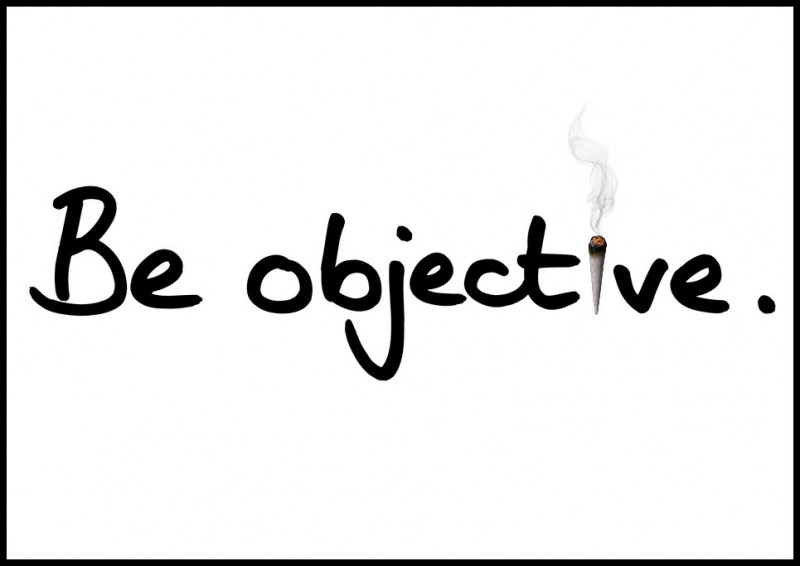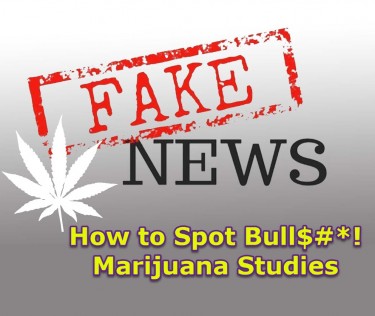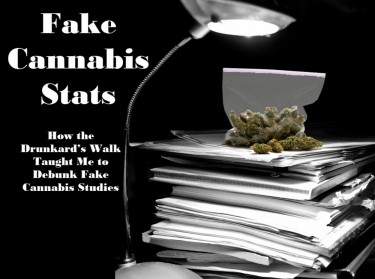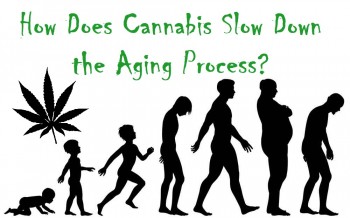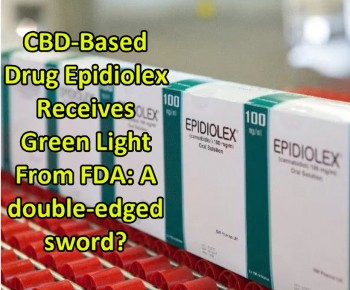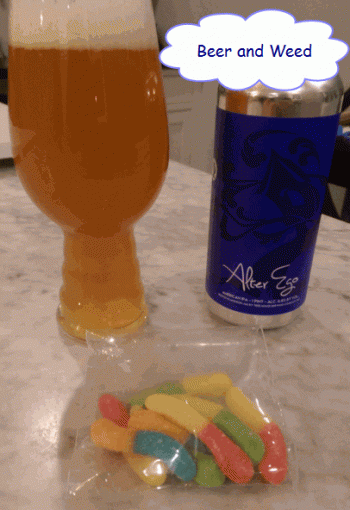The Guide to Forming an Unbiased Opinion of Cannabis
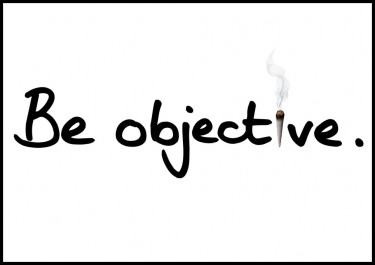
I’ve been researching and writing about cannabis for many years. The sheer digital weight of my body of work in relation to this wonderful plant can be measured in hundreds of Gigabytes if not a full Terra of pure cannabis-goodness.
Needless to say, I have a well-established opinion on cannabis.
Unlike many others, trapped within the infinite caverns of my mind are hundreds of thousands of factoids surrounding this plant.
I may not be able to completely cite the source of this knowledge, but it usually takes me a few moments to track down the source study or article I am referring to.
I have written full books on the subject, interviewed experts, recorded a podcast for clients, made videos -you name it, I worked on it in some shape or manner.
But why am I telling you all this?
In order for me to have pulled of this gargantuan feat, I was forced to sift through ten times the amount of research, opinions, clips, videos, pictures, infographics and interviews about the plant – that I also inadvertently became an exert in “how to spot bullshit!”
The Dichotomy of Bullshit
Cannabis Bullshit – or information that seems like it may be founded in truth but is actually based in speculation is abundant.
And it’s not just on the prohibition side of things either.
On “Pro Cannabis Sites” there are many false claims meant to prop up their products, appeal to their target demographics, or simply utilize cannabis-hype to drive in traffic.
It’s important to recognize that there is bullshit on both sides of the spectrum, however – the bullshit on the side of prohibition is far superior to that of cannabis activists.
Activists might “over-esteem” the abilities of cannabis due to a faulty understanding of the endocannabinoid system. They ascribe the healing capabilities of cannabis to many conditions, which make it seem like it’s “impossible” that one plant can embark so many different conditions.
“Cannabis cures cancer” may be true subjectively – but when placed within a medical context, there simply isn’t enough “consistent data” to make the statement verifiably true.
This isn’t to say that many people don’t go into remission when using cannabis oil to treat their cancer. It simply means that from a scientific standpoint – the official position on whether cannabis cures cancer or not has not been established beyond the shadow of a doubt.
On the other hand, prohibitionists would outright lie about cannabis, spread faulty studies like it’s a case of juvenile herpes all with the intent of warping public view on cannabis.
The difference between the two is that on one side, you may provide false hope to someone who is desperately seeking answers – and on the other side you shape policy that negatively impacts society.
The bottom line is that bullshit on either side is not good for cannabis.
How to Spot Bullshit?
In the digital age the ability to spot bullshit is a superpower!
Some bullshit is far more refined than other bullshit. For example, there are government funded bullshit – in the form of N.I.D.A funded anti-cannabis studies that seem totally legitimate.
They have scientists running all kinds of bullshit tests on cannabis to verify how dangerous it is. In fact, roughly 95% of all N.I.D.A’s funding over the past two decades have been designated to prove just how harmful cannabis is.
Only 5% of the funds were allocated for finding beneficial aspects of the plant.
And they still have the audacity to say, “We need more research!”
A Few Tips to Know when something is bullshit!
Most of you folks won’t be deep diving into government funded bullshit like I do. Most of you would receive your cannabis related news from sites like these or “official news sites”.
These sites, like me – read these studies and then summarize the study for you. Typically with an outlandish claim like, “Teens who smoke marijuana have higher suicidal tendencies than those who don’t”.
While the study they cite may back up the claims, when you go into the study, and poke around a bit – it typically falls flat on its face.
Those articles typically end off with “Scientists aren’t claiming that cannabis is causing this, and it may be because people with suicidal tendencies self-meditate with cannabis…” which pretty much means, “everything you read here may not be true because of this one factor”.
But how do you know this when you’re only reading one or two sources of news.
Here’s my quick tips:
-
Always read the Abstract and the Intro Conclusion of the Actual Studies
-
If there aren’t reference links – can you really take it that seriously?
-
Follow the money – who’s funding the study?
-
Who’s working on the study – what’s their credentials?
-
Who wrote the article? What’s their credentials?
These tips both apply to pro-cannabis and anti-cannabis sites and sources.
It gets a little harder with videos since they typically don’t cite their information. But in the case of a speaker – it’s important to look at;
-
Credentials of the speaker
-
Who’s funding them?
-
What industry do they work in?
When it comes to Memes and Infographics – while they are truly helpful in condensing information, an infographic without citation is just a pretty meme.
Do your own Research!
The final thing I can tell you is that you should actively do your own research. Try to debunk things you believe in using science, try to debunk studies against cannabis. Exercise your mental muscle of critical thinking and over time your bullshit meter will be finely tuned.
The number one thing you should always keep in mind is – “even experts can make mistakes & fall subject to their own prejudices”.
Thus, the only way to trust the science is to subject all the information you obtain through the scientific process.
While its hard for some, try not to idealize cannabis.
Don’t get me wrong – its one of the most remarkable plants on the planet that impacts our lives on an intimate level. However, at the end of the day even water which is an essential to life can kill a person under the right conditions.
While it’s significantly more difficult to die from cannabis – it doesn’t mean that plant is completely harmless.
It may be for some, it may not be for others – but only by maintaining an objective position on cannabis will you be able to fully gauge whether its good or bad for you.
Follow the truth, wherever it may lead.
CANNABIS LIE DETECTORS, READ MORE..
HOW TO SPOT FAKE MARIJUANA MEDICAL STUDIES, READ THIS!
OR..
THE GUIDE TO SPOTTING FAKE CANNABIS STATS USED FOR HEADLINES!
